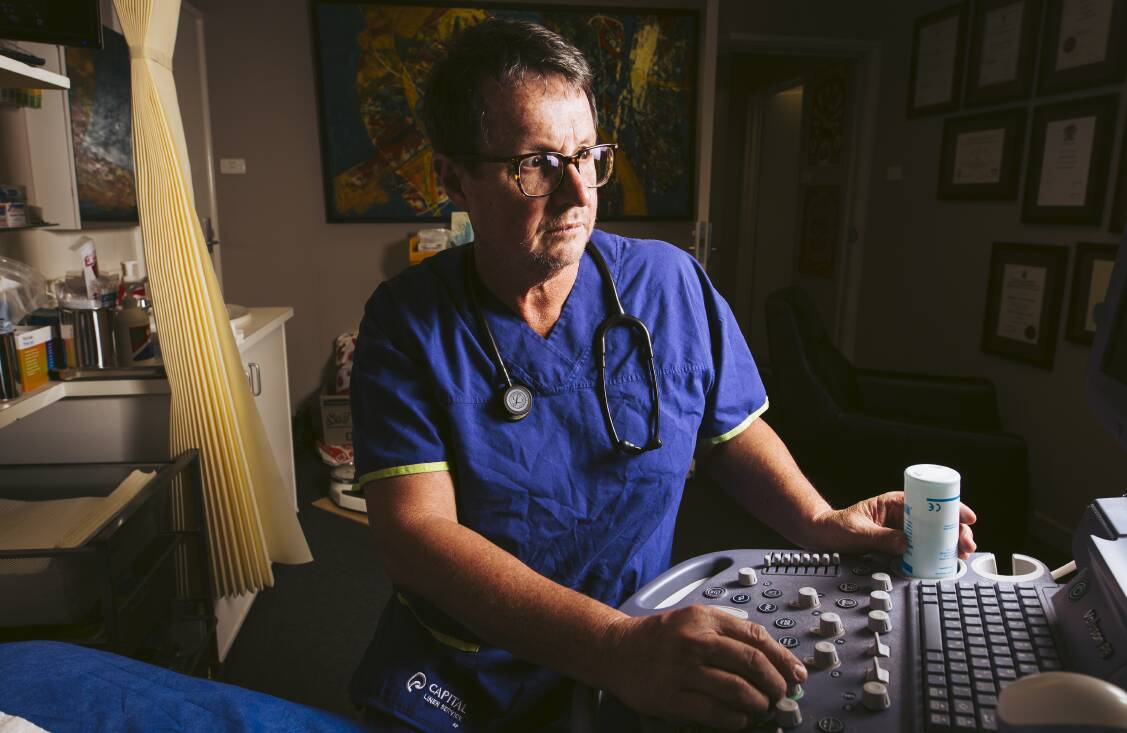The country's doctors are calling for more attention to be given to women who are suffering from the symptoms of menopause.
The Australian Medical Association said that many women find it difficult to get the support they need both in menopause and during the lead up to it (known as the perimenopause).
It also wants more funding for research.
Not only is enough support not available, the association believes, but its inadequacy is felt most by women in poorer areas.

It is very dependent, the AMA said, on "socioeconomic status, ethnicity, age, disability, employment status and geographic location".
"Every woman who needs support through menopause and perimenopause has that right. It shouldn't matter who you are, where you live, or what kind or job you have - women need support through perimenopause and menopause," AMA president Steve Robson said.
"A third of Australian women in midlife say menopause symptoms make it hard to do daily activities and they are also being targeted with misinformation in order to deal with it."
"The out-of-pocket health expenses for women are, in general, higher than for men and it is a significant barrier for women to get equitable healthcare," Professor Robson, a Canberra obstetrician, said.
"Doctors need more time for female patients to support complex quality menopause care. Longer appointments are needed to adequately assess the complexity of symptoms but also to consider preventative care and risk screening.
"We need a substantial funding for research and a system where doctors can give women the support they need and the framework to do it in," Professor Robson said.
"Finding the right dose of medication or treatment for menopause symptoms can be lengthy and challenging and unchecked symptoms can be debilitating for women.
"Taking action on menopause and perimenopause will help empower women and have a fairer system for all."







